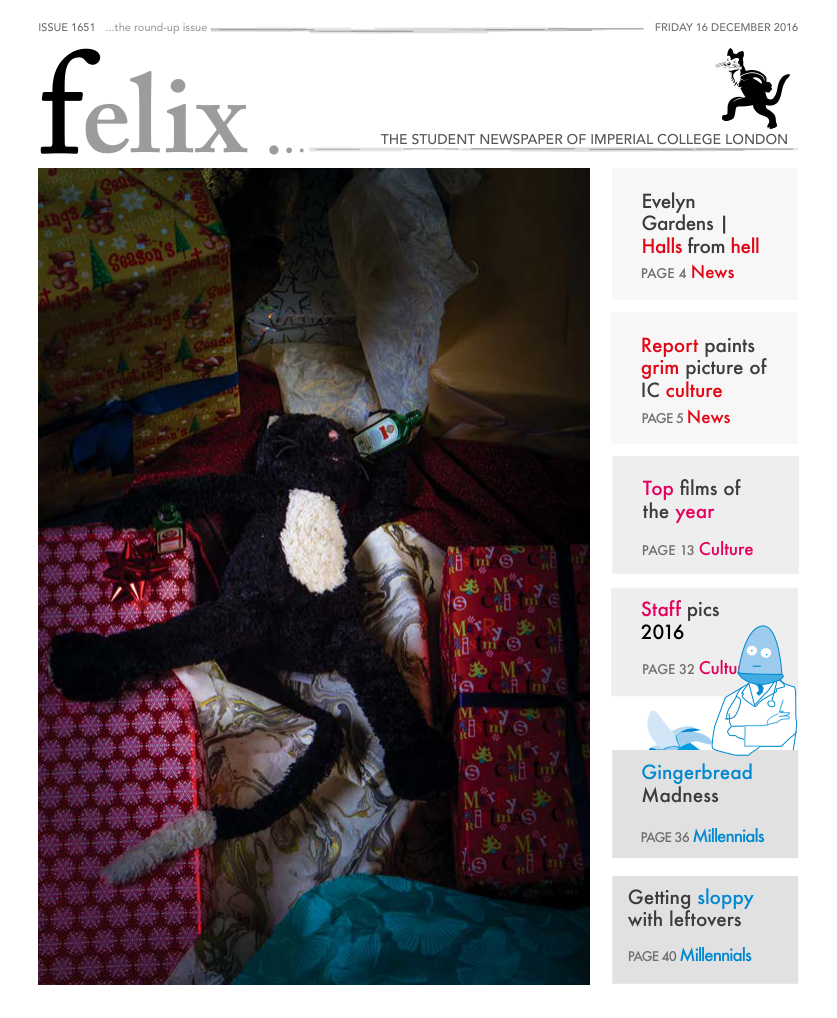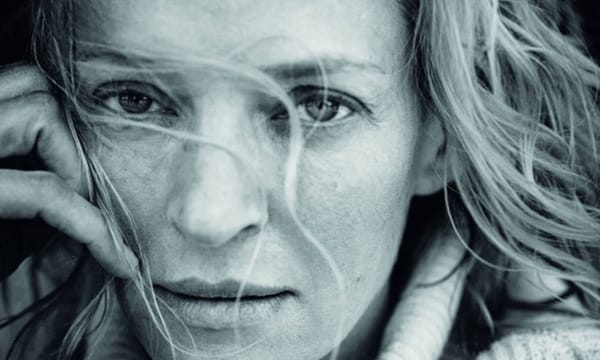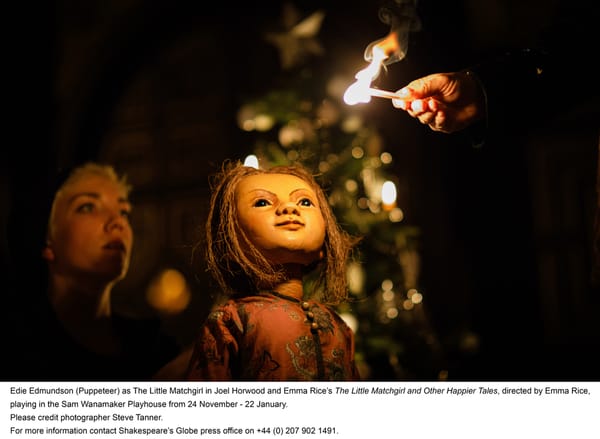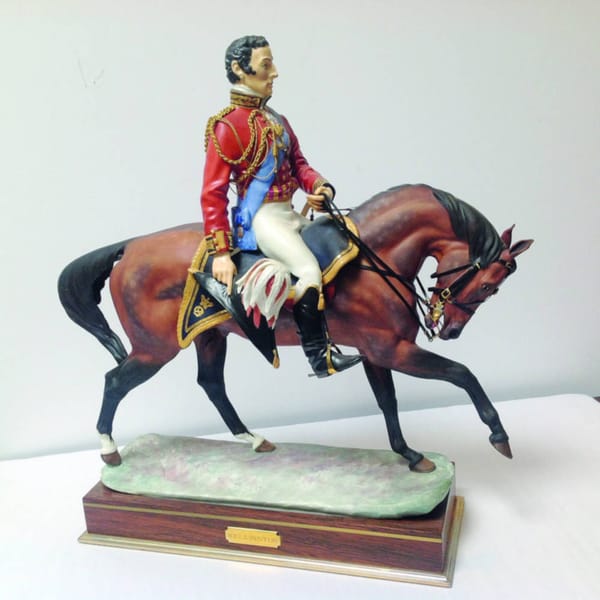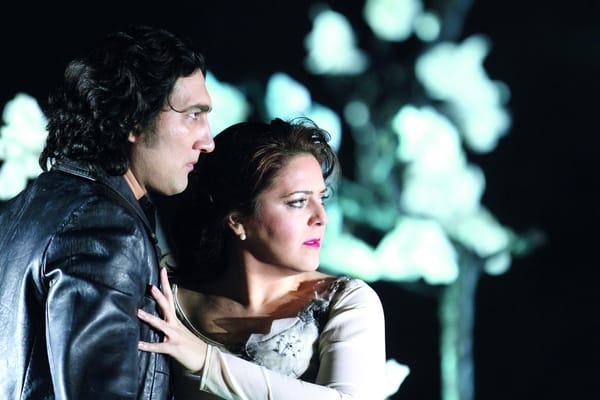Ruth Wilson breathes new life into Hedda Gabler
Hedda Gabler is on at the Lyttelton Theatre until the 21st of March, 2017
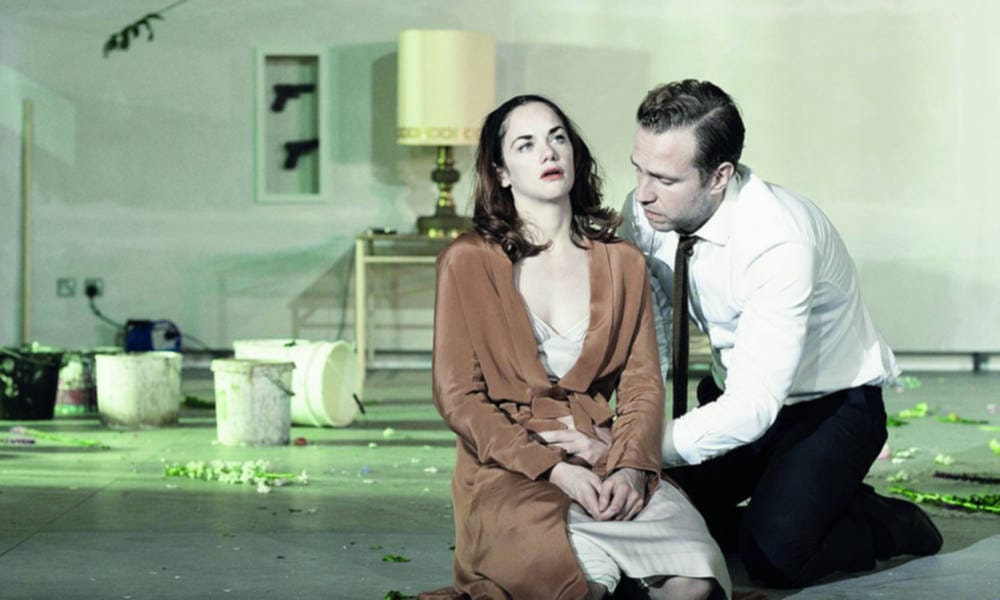
Unpredictable, beautiful, haughty, callous – Hedda Gabler is one of Ibsen’s best-known anti-heroines. Trapped in a life devoid of meaning, she desires freedom and power, but is unable to seize it for herself. She is stifled and unfulfilled; the people around her bore her, from her insipid husband Tesman to his well-meaning aunts. It is her frustrated longing, her violent individuality, that turns destructive when caged. She deliberately pushes her ex-lover Lovborg back over the edge into alcoholism, burns the only copy of his manuscript, and encourages him to seek a “beautiful” death in suicide.
Where does all this take her? Nowhere, it seems. Instead of the “deed of deliberate courage” she sought, Lovborg dies a vulgar death in the bedchambers of a prostitute. Hedda herself, despite her thirst for freedom, is placed by incriminating evidence at the mercy of Judge Brack. Even her despised husband Tesman deserts her. Backed into a corner, a disillusioned Hedda attempts one last act of beauty; taking her father’s gun, she shoots herself through the temple. This production at the National Theatre is a contemporary Hedda Gabler by Dutch director Ivo van Hove, known for his avant-garde theatrical productions. Even the script gets an overhaul, with a new version of Ibsen’s original written by Patrick Marber. Marber’s script removes some of Ibsen’s original subtlety – his Hedda is more caustic, his Brack more aggressive. This is a change, but not a bad one; it shines a starker light on Hedda’s foibles and struggles, both internal and external. The modern setting, for once, was not out of place at all. Perhaps because Hedda – a large personality confined in too small a space – is not a character who belongs only to a single specific time period. If anything, ennui and existential crises are more relevant today than they were in the 19th century.
The set, designed by Jan Versweyveld, has a minimalist feel. Sparsely scattered furniture points to Tesman’s inability to furnish the lavish lodgings that Hedda demands. Their house is dominated by Hedda’s piano in centre stage, and a modern video-intercom system that buzzes shrilly every time someone enters the Tesmans’ house. Characters enter and leave through the actual doors to the theatre rather than slipping off into the wings. All except Hedda, the only character for whom there is no exit.
Ruth Wilson embodies Hedda perfectly, capturing her melancholy, aspirations and trenchant wit. From Jane Eyre in the 2006 BBC adaptation to Alison Lockhart in The Affair, Wilson has been celebrated for her sharp portrayals of intelligent, complex characters. Her Hedda is nonchalantly caustic, with a dangerous charisma that barely hides roiling undercurrents of bitterness and misery.
As Brack, the unscrupulous judge who harbours designs on Hedda, Rafe Spall deserves special mention. He starts off as an almost charming friend of the Tesmans, the only one (aside from Lovborg) who seems to understand Hedda’s inner thoughts and desires. He runs a hand casually up Hedda’s leg; he playfully offers himself for a ménage à trois. But his actions become steadily more menacing as the play goes on. In the third act he pins Hedda to a wall; she laughs in his face because he has no hold over her. The final act, when Brack does have Hedda in his power, is frightening and fraught with tension. Taking a sip from a can of blood-like liquid, he spits it in Hedda’s face and pours it on her dress, revelling in her inability to resist. He throws her to the floor and towers over her apparently bloodstained figure. It is a deeply disturbing scene of violence. Van Hove is not called a controversial director for nothing; I expect this move will divide audiences, though for me it seemed appropriate as the last straw, the utter loss of control that broke Hedda and drove her to suicide.
The rest of the cast was very good, though Chukwudi Iwuji was rather too staid and scholarly as Lovborg. I could not imagine him, like Dionysus, “with vine leaves in his hair", the embodiment of free-spirited courage that Hedda saw him to be. Kyle Soller was an unusually likeable Tesman; I found it difficult to despise him as Hedda did. But perhaps that was the point. Some small details marred the play a little for me; the housekeeper Berte takes on a strange importance in van Hove’s production, watching dispassionately in every scene but abruptly exulting with Hedda as she burns Lovborg’s manuscript. What she is meant to signify remains a mystery to me. Also, the audience has to sit through Toni Mitchell’s Blue four times, as an unnecessary cue for Hedda’s melancholy introspection. Wilson is more than capable of portraying this without blatant signposting.
“People don’t do such things!” exclaims Judge Brack at Hedda’s dead body in the play’s famous closing line. Flying in the face of convention, van Hove’s Hedda Gabler is an fresh, compelling and poignant breath of air for Ibsen’s classic play.

